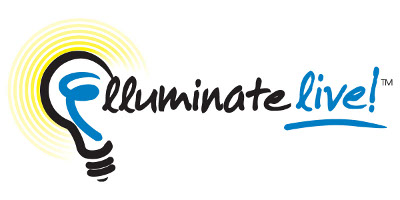Ecology is the study of the interactions between living organisms and their surroundings, both living and non-living. This includes the biotic features, i.e. 5 kingdoms of organisms (or 6 as the option is today) and the abiotic features (chemical/physical factors such as light, temperature, water, atmosphere, soil, pressure, sound waves) of an ecosystem.
Ideally within an ecosystem, living and non-living components of an environment interact with one another to produce a state of homeostasis, which is a natural tendency to maintain a sense of balance with both living and non-living components. If these components are not balanced, these interactions bring about change, often not seen as mutually beneficial change.
How does an ecological perspective impact our analysis of educational technology?
Using an ecological metaphor to analyze technology integration provides us with a method of analyzing the dynamic nature of an organic process. It also takes into account cognitive, social, and organizational factors that aid/hinder implementation.
The following quote still holds true in our current education system, even though it was mentioned nearly 40 years ago:
“If we view the ecology of education as the web of relationships between and among learners, teachers, and the environment in which they operate, then it becomes apparent that these relationships are large defined by prevailing technology of instruction.” – Engler
The intricate web of connections in a school can be compared to ecosystem webs found in nature, and as the educational system evolves further from a teacher-directed model towards a student centered one empowering the use of technology, the potential for developing an intricate array of networks within this environment increases. This means the application of an ecological perspective in our analysis of educational technology may more authentic than ever.
Engler, D. (1972). Instructional technology and the curriculum. In F.J. Pula and R.J. Goff (Eds.), Technology in education: Challenge and change. Worthington, OH: Charles A. Jones.

